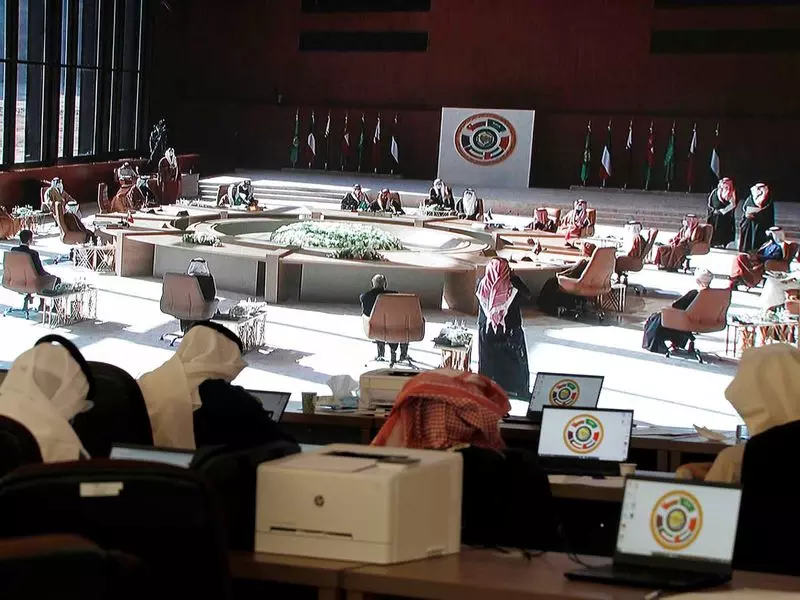
GCC Summit ends on optimistic note
text_fieldsThe 41st GCC summit in session at Al Ula, Saudi Arabia. Picture courtesy: Al Jazeera
The reasons mainly cited for the boycott were: Qatar continued to protect the leaders and entity of Muslim Brotherhood of Egypt which was alleged to pose a threat to the peace inside Egypt; Qatar was maintaining relations with the 12 groups and 59 individuals who Egypt viewed as terrorists; Qatar's TV channel Al-Jazeera contributed to forming wrong perceptions about the region; and Qatar refused to join in the moves to isolate Iran. The countries had placed 13 demands including these as condition for withdrawal of the embargo. However, Qatar's Amir Sheikh Tamim Bin Hamad Al-Thani refuted the charges in toto and took the position that most of the charges amounted to challenging the sovereignty of his country or interference in its internal affairs. Two GCC countries, Kuwait and Oman had not subscribed to the embargo. Kuwait went a step ahead by trying to achieve a patch up, to resolve issues amicably and to restore GCC to its former mutual relations. And eventually it was Kuwait's foreign minister Dr Ahmed Nasser Al-Mohammad Al-Sabah who declared that the land, sea and air borders would be opened for Qatar on Monday night. And that led to the restoration of the friendly ties.
Even after everything goes hunky-dory for now, the ties severed nearly four years ago will take more time to return to what they were pre-embargo, and that too subject to vested interests not throwing a spanner in the works. As of now, this denouement, which can be seen as a victory of wisdom over emotion, should elate countries like India. There is a strong feeling that the patch-up was achieved with the special intervention by US President Donald Trump. His special envoy did visit and initiated swift diplomatic moves with, not only the Gulf capitals but also Ankara of Turkey, a country that had stood firmly by Qatar during the embargo. It should not be forgotten either that it was closely after Trump's visit to Riyad that the countries involved had declared the Qatar boycott. Significantly, the place Qatar's Amir visited soon on the embargo declaration was the White House. And it was during that visit that the two countries signed a deal for US sale of advanced warplanes. As soon as Trump had set about his campaign for a second term in the White House, there were reports that he would ask Saudi Arabia and the UAE to withdraw the embargo.
Trump was in fact setting the backdrop for a public claim that he was responsible for the restoration of peace in West Asia. But he cannot get away with that. Although the people of the US have not given him a second term, it is not known whether Trump, having won a reputation for maverick words and deeds, wanted to step down after being known for having performed a virtuous deed. But one thing certain is that it was after clinching all the interests of Israel, -the root cause of tension and conflict in West Asia - that the US head of state gave out a message of peace. For, the decision to normalise relations with Qatar comes after both the UAE and Bahrain have established full diplomatic relations with Israel and expedited steps for warming up mutual relations with the Jewish nation. Although Saudi Arabia has not formally begun diplomatic ties with Israel, air transport with Tel Aviv has started. Only after full details of the GCC summit are released can one comprehend the conditons and implications of the restoration of peace. The immediate gain for Qataris is the restoration of the seamless travel for the pilgrimage of Hajj and Umra, that was denied to them for over three and a half years.






















